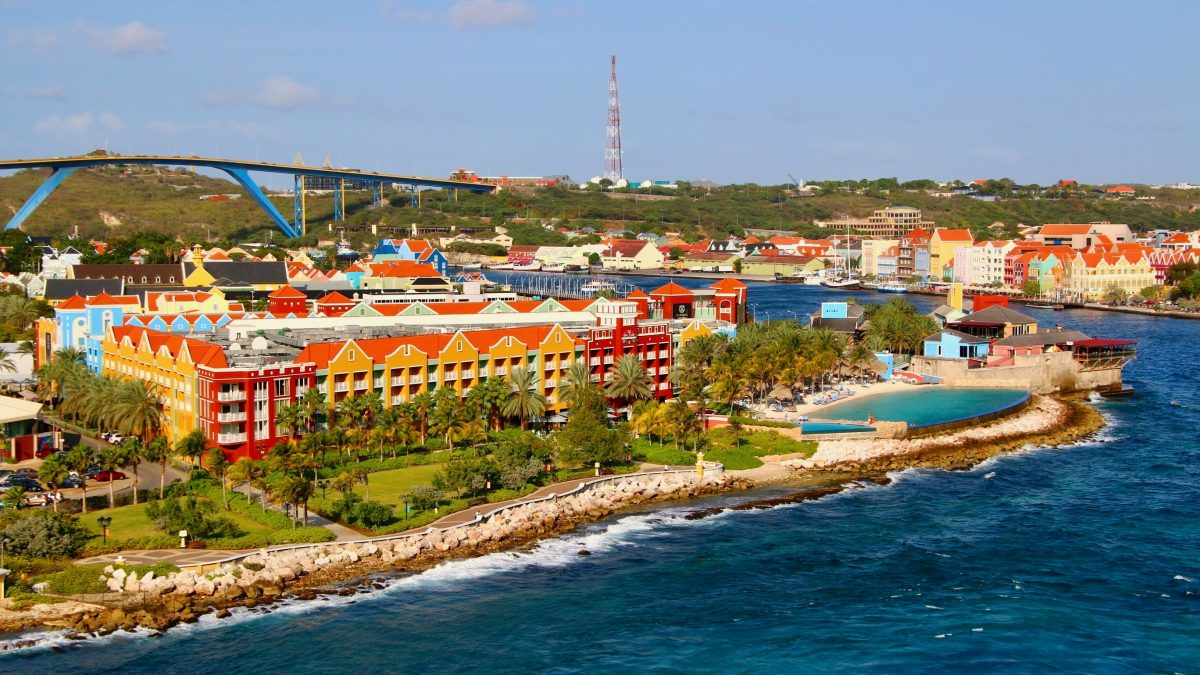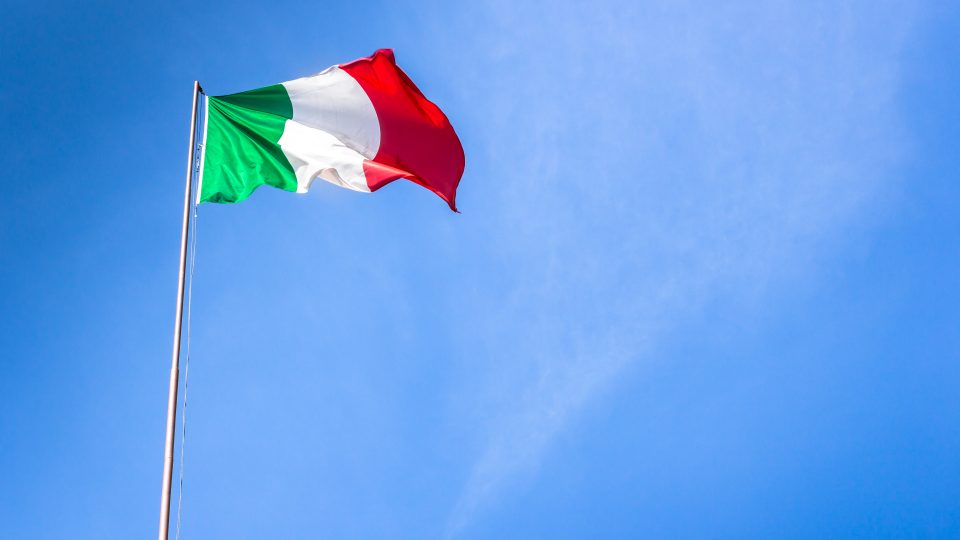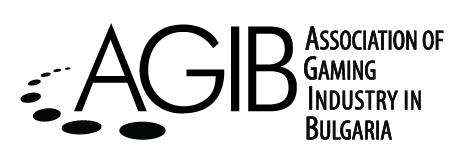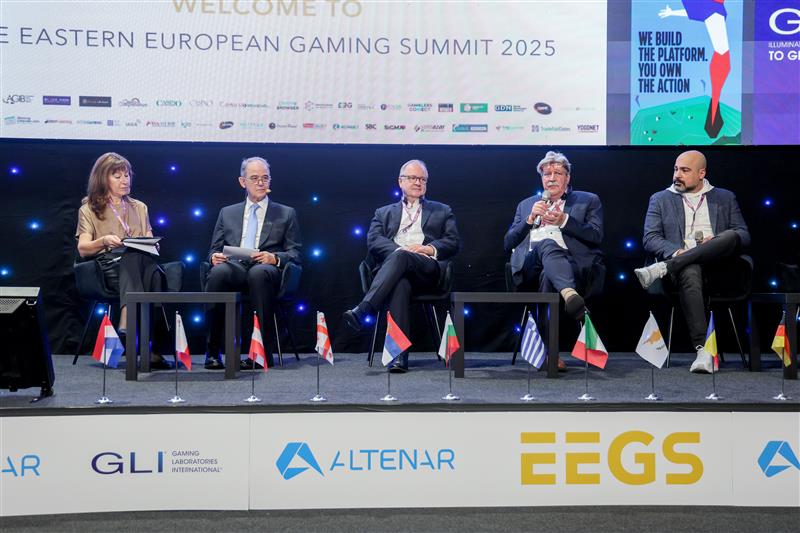Curaçao has introduced significant reforms in its online gambling sector, marking a new chapter in the regulation and oversight of the industry. The island nation’s government has approved a new national decree for the gambling industry, replacing the existing regulatory framework and addressing long-standing issues with security and oversight.
In a public statement celebrating the legislative changes, Curaçao’s Minister of Finance, Javier Silvania, remarked on Facebook:
“Santa Claus came early this year. With the approval of this bill, the people of Curaçao finally received what had been denied for more than 31 years! By enacting the new gambling ordinance, we have entered an era of economic growth. The projected revenues will provide the government with the financial space to begin a structured and sustainable reduction of poverty and address many of the challenges we face.”
The new legislation introduces a comprehensive overhaul of Curaçao’s online gambling system, establishing a new licensing authority with stricter entry requirements and mechanisms to collaborate with other regulators to combat illegal gambling. The reforms also impose higher standards and fees for operators.
Mario Galea, former CEO of the Malta Gaming Authority and consultant for the reform process, noted that B2C operators will now need to pay a license application fee of approximately €4,000, followed by an annual license fee of €12,000 and a monthly regulatory fee of €250 per URL.
In the short term, all existing sub-licensees will be transitioned into the new system. They will have the option to convert their sub-licenses into transitional licenses valid for 12 months. The government has already begun registering current sub-licensees, and only those who complete the registration process will be eligible to convert their sub-licenses.
The new licenses will include additional controls, such as enhanced anti-money laundering measures. License holders will also be required to employ at least three staff members in “key positions” working on the island. Furthermore, operators must establish a physical office in Curaçao.
Curaçao has historically been known for its highly liberal licensing system, characterized by minimal entry barriers and limited government oversight of operators.
Currently, only four entities are licensed by the government. These businesses issue their own licenses under their terms to other operators, effectively placing licensing control in private hands rather than with the government.
The sweeping reforms aim to modernize Curaçao’s gambling industry, ensuring greater accountability, enhanced oversight, and alignment with international regulatory standards. This move positions Curaçao to maintain its prominence in the global gambling industry while addressing critical governance challenges.




